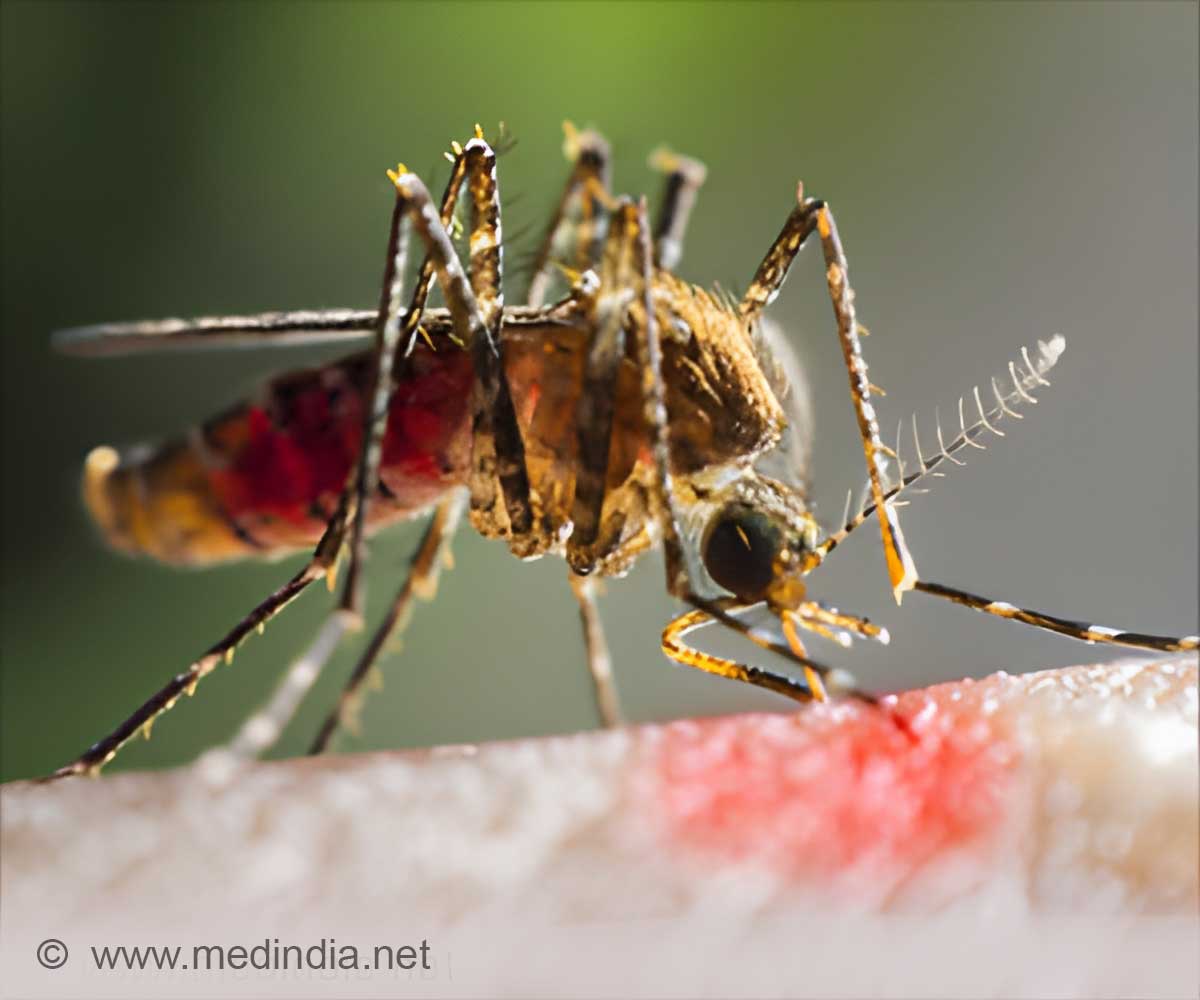
‘NDE1 defects can stop stem cells before division even begins at three distinct arrest points. The net result is a complete failure of these cells to divide, explaining the severity of the NDE1-associated microcephaly.’
Tweet it Now
Mutations in a number of human genes have been implicated in causing the relatively rare occurrence of this disease. Mutations in one such gene - NDE1 (referred to as "nood-E") - cause a particularly severe form of microcephaly. The Columbia researchers -- David Doobin, an MD/PhD student, Richard Vallee, PhD, professor of pathology and cell biology, and others in Dr. Vallee's lab -- reasoned that investigating NDE1's role in microcephaly should provide important clues to the causes of microcephaly in general.
In the study, the researchers found that interfering with NDE1 expression severely inhibited the proliferation of stem cells in the developing rat brain. These stem cells, known as radial glial progenitors (RGPs), undergo rapid repeated divisions over the weeks-to-months-long process of brain development.
Other genes that cause microcephaly are known to impair RGP proliferation, usually by interrupting the cells when they are in the midst of dividing.
The new study found that NDE1 defects can stop RGPs before division even begins at three distinct arrest points. The net result is a complete failure of these cells to divide, explaining the severity of the NDE1-associated microcephaly.
Advertisement
Source-Eurekalert















